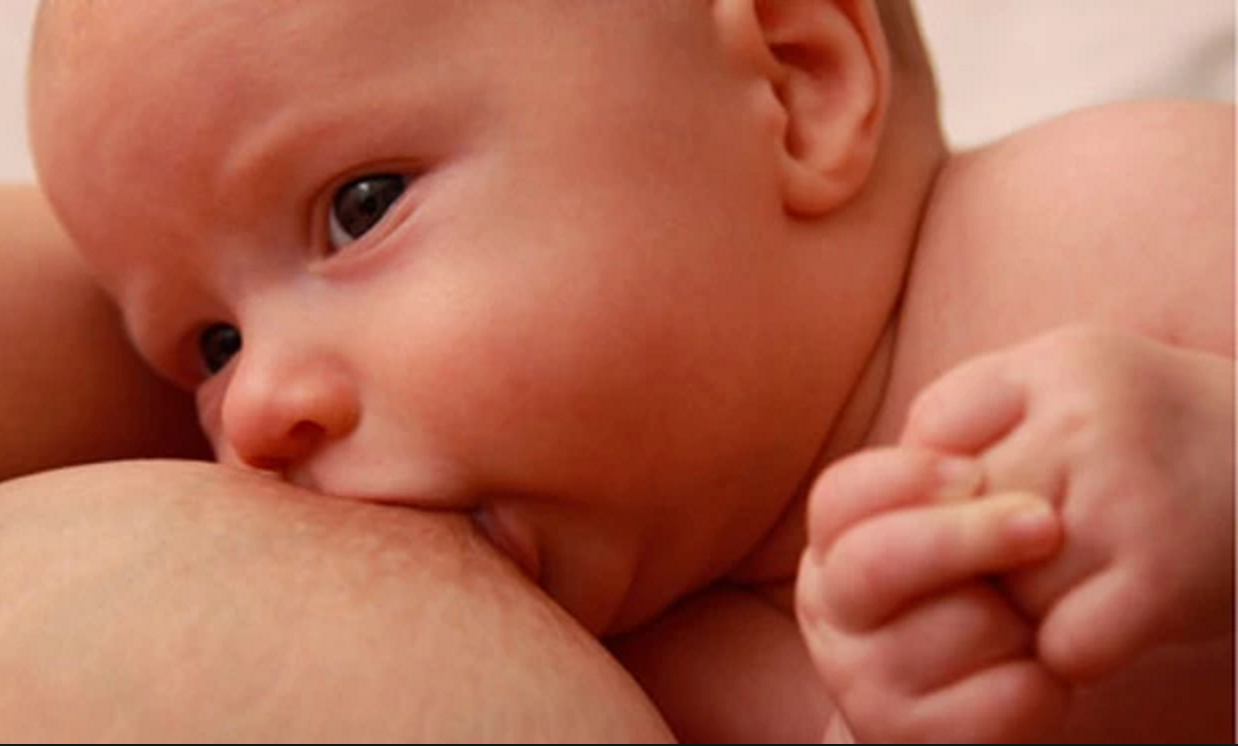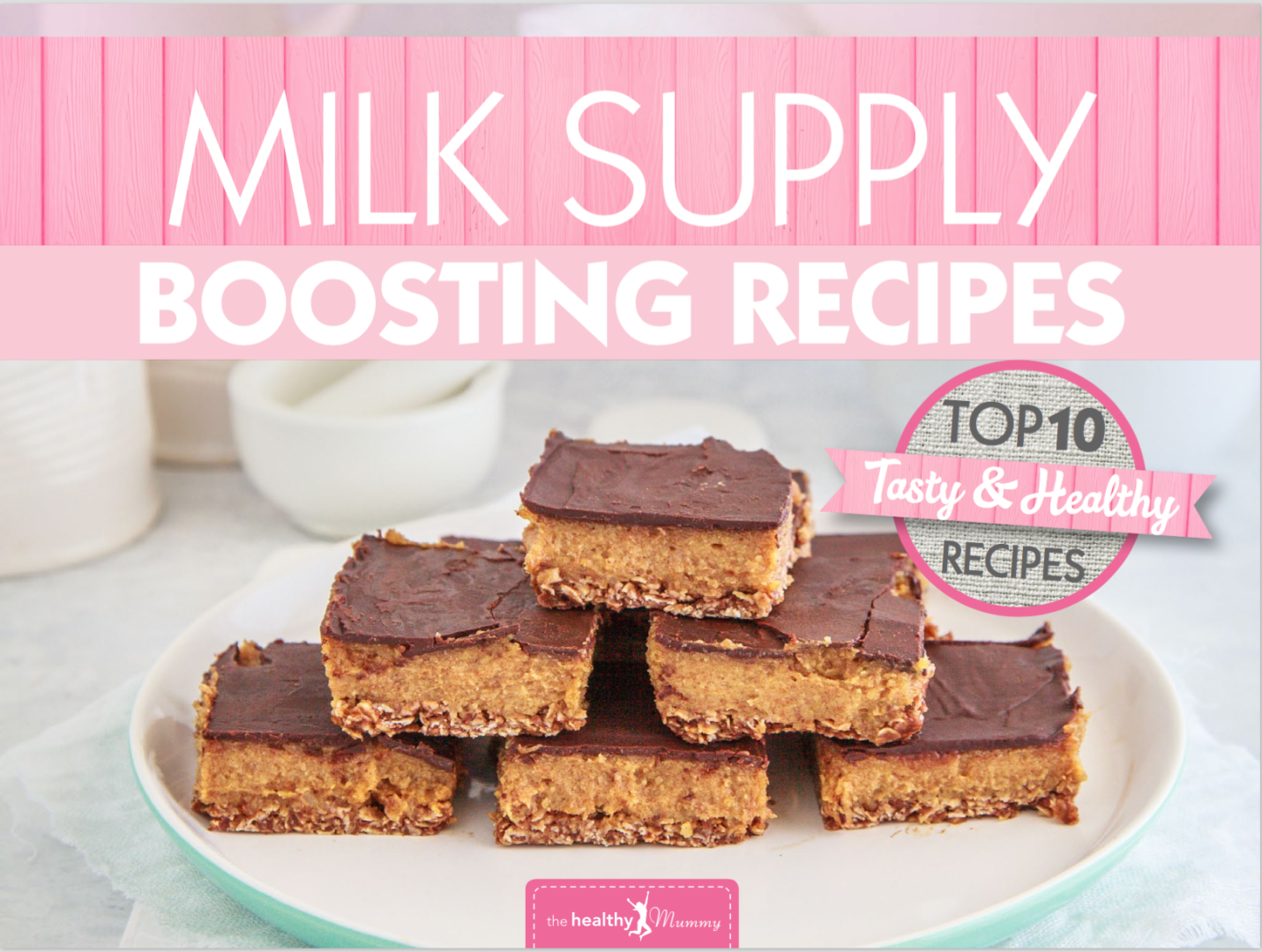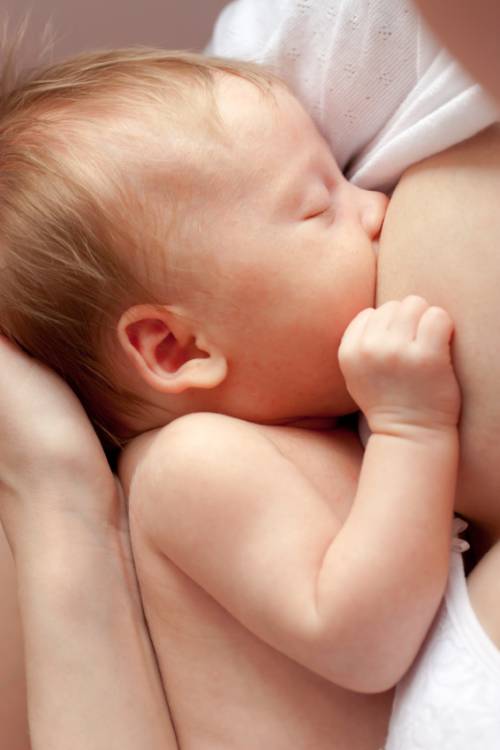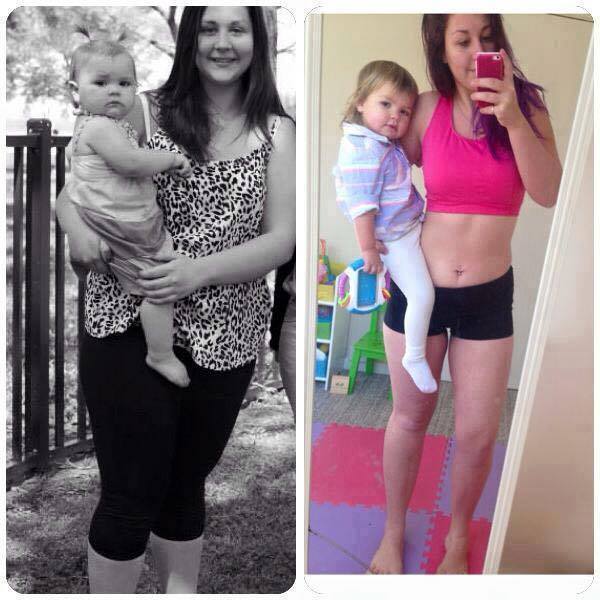Today there is some fantastic news for breastfeeding mums.
The Government have just announced $1m in funding for the breastfeeding helpline
SBS have reported:
“The federal government will provide almost $1 million to allow the Australian Breastfeeding Association to continue its 24-hour helpline.
Acting Health Minister Fiona Nash said funding had been approved for a year from July, allowing the ABA to continue the important service for new mums.
“There is very strong evidence that breastfeeding gives babies the best start in life and provides lasting health benefits,” she said in a statement.
The helpline, which takes calls from 88,000 women every year, had faced closure with its funding set to run out at the end of June under health funding cuts.
Senator Nash said the ABA would now have the funding certainty to continue this important service.
“This can be especially important for women and babies in rural and regional Australia, who can get the information and advice they need without travelling long distances,” she said in a statement.
Senator Nash said dietary guidelines recommended exclusive breastfeeding of infants until six months, with introduction of solid foods and continued breastfeeding to 12 months and beyond.”
The National Breastfeeding Helpline can be contacted at 1800 MUM 2 MUM (1800 686 268).
You can also visit out breastfeeding information section here on food, weight loss and general tip
Recipes to BOOST Supply
The Milk Supply Boosting Recipe ebook is here and we are EXCITED – you can buy it here
Breastfeeding can be a difficult journey for a lot of new mothers – and there aren’t many mums who don’t question, at least once, whether they are producing enough milk for their growing bub!
Ultimately, your doctor or midwife should be your first port of call with any concerns about adequate supply, but there are also a few foods you can eat that will encourage your body to ramp up milk production.
The Healthy Mummy team are all about making things easier and more delicious for mums, so we’ve incorporated these tried-and-tested ingredients into yummy recipes in this Milk Supply Boosting Recipe eBook
Give your milk supply a nutritious boost, while also lifting your mood with a scrumptious treat. Because you deserve it.
The book has 10 healthy and yummy recipes to help to support your supply
Buy today and get INSTANT access as soon as you buy thanks to ebook technology!
Get your copy here
About breastfeeding and weight loss
If you are breastfeeding and want to use any of our healthy eating and weight loss plans then GOOD NEWS is that all our plans and products are safe in breastfeeding
If you are choosing to include our Healthy Mummy Smoothies on the 28 Day Weight Loss Challenge, these are also safe for breastfeeding mums and you can download our Healthy Mummy Smoothie information flyer here
And as knowledge is power, we have given you some key information to arm yourself with so that you can lose weight with confidence when still feeding your baby.
Breastfeeding & Weight loss
Breastfeeding burns up a lot of energy (calories/kilojoules) to make breastmilk, particularly for mothers who are exclusively breastfeeding. These mothers should include 2-3 extra snacks per day (approximately 500 calories).
If you are unsure of how many calories you need in breastfeeding and weight loss you can work your daily energy needs out here – then you add 500 calories on for breastfeeding. But remember, nothing is set in stone, and if you are hungry eat more or if you are full eat less. See the calculator here
While breastfeeding, certain nutrients, energy and fluids will be in high demand, much more so than during pregnancy. These include:
- Iodine Since breastmilk needs to contain an adequate iodine content to support your infant’s growing brain, a new mother’s iodine requirements are almost double the normal. It is possible to meet these iodine requirements with food, although an iodine-containing supplement is usually recommended. It’s important to speak to your doctor before taking any supplements. Good sources of iodine include bread, iodised salt, seafood, eggs and dairy.
- Zinc is essential for skin health, immune function and optimal reproductive health. Good sources of zinc include meats, breakfast cereals, brightly coloured vegetables and fruit.
- Iron is a component of a number of proteins, including haemoglobin, which is important for transporting oxygen around the body. Eat too little iron and you’ll suffer fatigue and a weakened immune system. Red meat, chicken and fish are the best sources of iron, as well as also being good sources of protein and zinc. Smaller amounts of iron can be found in green leafy vegetables and legumes, but they should be consumed with foods rich in vitamin C (such as tomato, broccoli or capsicum) to increase the amount of iron the body absorbs.
- Water is the best way to quench your thirst without getting the added sugar and kilojoules found in sweetened drinks, such as fruit juices, soft drinks, sports drinks and flavoured mineral waters. Although it doesn’t increase milk production, it’s still important to keep hydrated; a good guide is to drink a glass at each meal and again with each breastfeed.
What to avoid
- Alcohol is best avoided for at least 4-6 weeks after birth. It takes most women about two hours to clear the alcohol from the blood and their breastmilk, so plan the occasional drink with this in mind.
- Caffeine in coffee and tea can be enjoyed in moderation – no more than 200mg a day (two cups of coffee).
Specific foods which may cause problems
There are no hard and fast rules about what a mum shouldn’t eat when breastfeeding – other than certain supplements mentioned above and alcohol. However there are certain foods which have been shown to cause upset in the baby – whether that be sickness, eczema, colic, trouble sleeping and irritability.
However, each baby is different and you should monitor yours to see how he reacts to certain foods and contact your Doctor if you are concerned about any reaction– below is a list of common foods listed by mums and Doctors as more likely to cause some kind of reaction with your baby:
- Milk, dairy, broccoli, cauliflower, cabbage and spicy foods have been linked to colic
- Too much caffeine may make your baby restless
- Eggs and peanuts have been shown to be linked to allergies in babies
More than anything it is important to eat a balanced diet when breast feeding and if you are trying to lose your baby weight, do so in a safe way and aim for approximately 500g-1kg per week.
Sensitive Babies
Some babies have allergies, colic or digestive issues and can react to an array of different foods. If your baby is particularly sensitive we advise discussing a food plan with your Doctor and sticking to a plain diet with low taste foods to avoid any reaction. And you can read more on this from the ABA here
Milk Supply & Breastfeeding
When it comes to your milk supply, it’s not so much weight loss that’s the issue, more so the way you choose to lose weight. Dramatically reducing calories, restricting certain food groups or engaging in high intensity exercise can all play a role in reducing your supply. On the other hand, undertaking a healthy eating plan that focuses on providing your body (and baby) with all the nutrients you need, may actually help support your supply, especially if you’ve struggled to eat properly in the past.
Ensuring that you’re including regular, nutritious meals that contain adequate amounts of protein, carbs and healthy fats in your diet is essential for both your milk supply and own health. A healthy baby needs a healthy mum so taking care of your own health is absolutely vital, especially when breastfeeding.
A healthy and varied diet can help support a healthy supply as well as give you lots of energy, but what about foods and herbs that are reported to give a visible boost to your milk levels? These menu items, commonly referred to as lactogenic foods or herbs, are said to help increase your milk production, boosting your supply temporarily. It is often thought that by boosting your supply, your baby will eat more, which will then encourage your breasts to continue to produce a higher level of milk.
The scientific community errs on the side of caution when commenting on the actual evidential proof that certain foods or herbs can increase milk production, but the anecdotal evidence from other mums often hints strongly at the success of food and/or herbs in boosting their supply. Provided you don’t have any allergies to these foods or herbs, or go overboard, there’s no reason why you can’t include them in your diet if you are concerned about your supply.
If you are choosing to include our Healthy Mummy Smoothies on the 28 Day Weight Loss Challenge, these are also safe for breastfeeding mums and you can download our Healthy Mummy Smoothie information flyer here
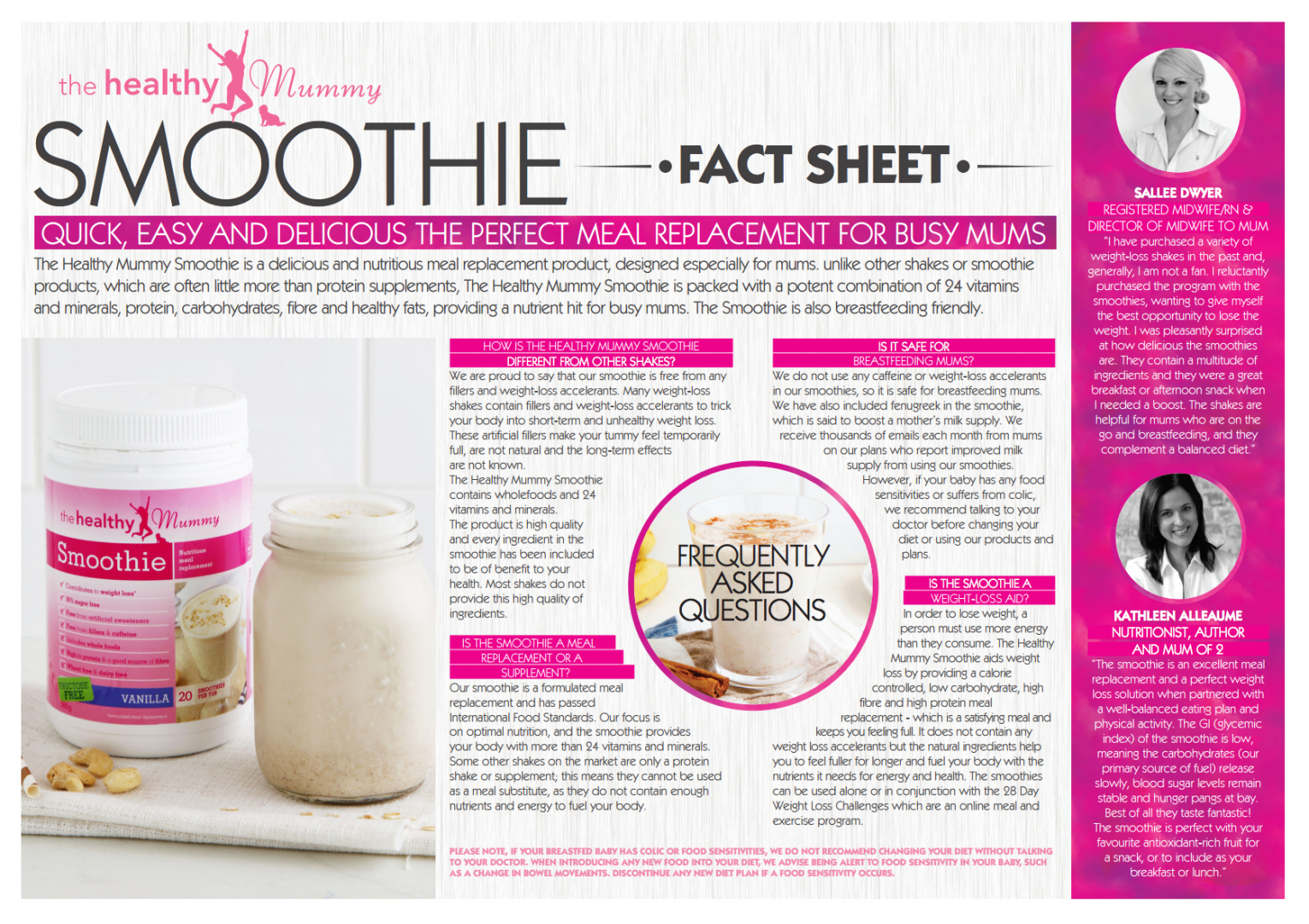
The most commonly recommended lactogenic foods and herbs are:
- Oats
- Carrots and spinach
- Legumes like chickpeas and lentils
- Brown rice
- Apricots
- Salmon
- Brewers yeast
- Ground linseed or LSA mix
- Fenugreek tea or tablets
A Healthy Mummy smoothie is a great option as it contains all the essential elements of a nutritious meal, along with ingredients like fenugreek and flaxseed that can help support your supply. A smoothie for breakfast and/or lunch is a quick and easy way to ensure you’re eating well, even when you’re pushed for time – and we suggest snacking in between meals too.
Breastfeeding & The Healthy Mummy Smoothies
We are also regularly featured on TV and in the media and write a monthly column in Practical Parenting Magazine – you can see some of our media coverage here
You can see the reasons why it is different to other shakes and meal replacements below
PLUS we have a LIMITED lifetime discount offer here as part of our birthday offer on our smoothies for you to claim – CLICK HERE to claim
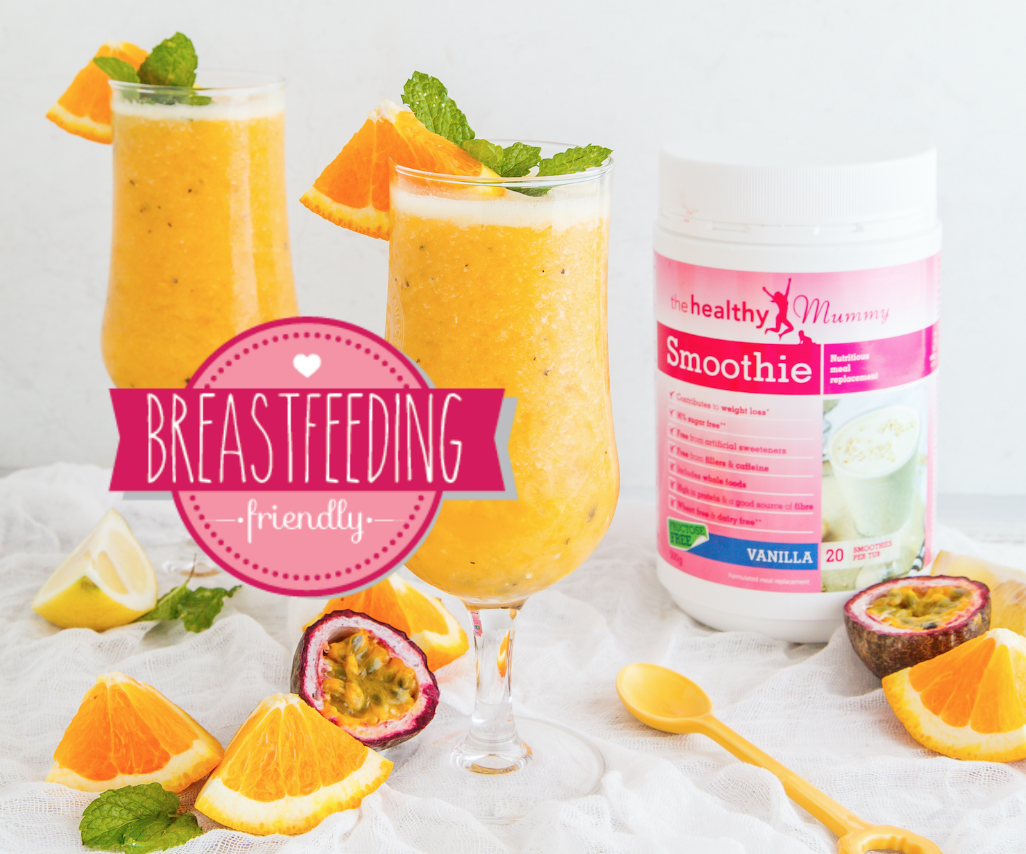
You can also see our 28 Day Challenge that is breastfeeding friendly
A few key things to note are:
- The Challenge menu is FULLY customisable
- You have access to over 1600 exclusive recipes
- You have access to over 300 exercise routines
- Meals are family friendly and are made in under 10-20 minutes
Get your FREE recipe and exercise sampler here:
Leashaa Lost 15kg* with the 28 Day Challenges
Leashaa says: “I’ve Lost 15kgs thanks to LBW and over 150Cm of fat!! I started my journey last year and thanks to LBW I’ve been able to lose weight, create a healthy lifestyle and maintain my breastmilk supply allowing me to continue nursing my daughter into our 3rd year! Thanks Lose Baby Weight 😄😄😄😄“
You won’t regret it!
Join the challenge here
